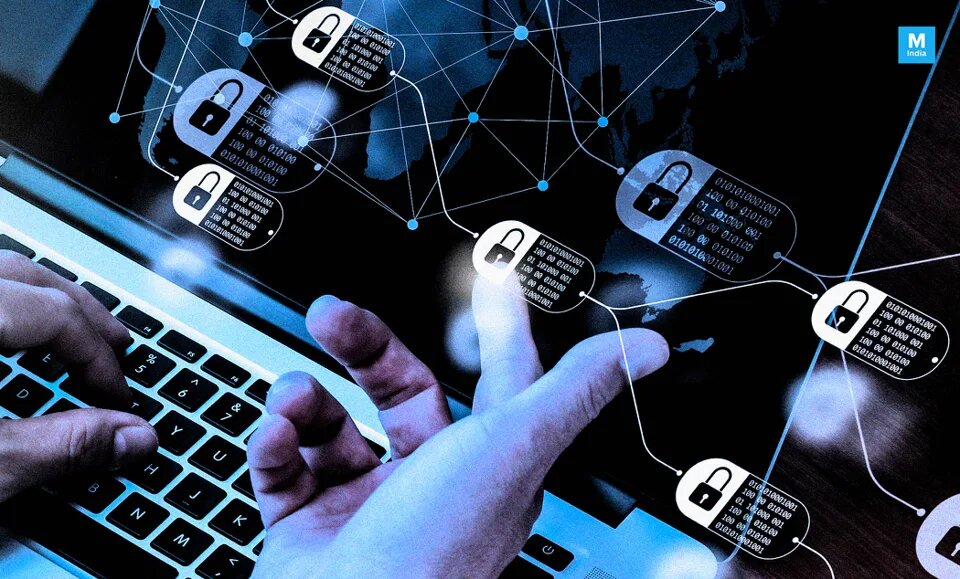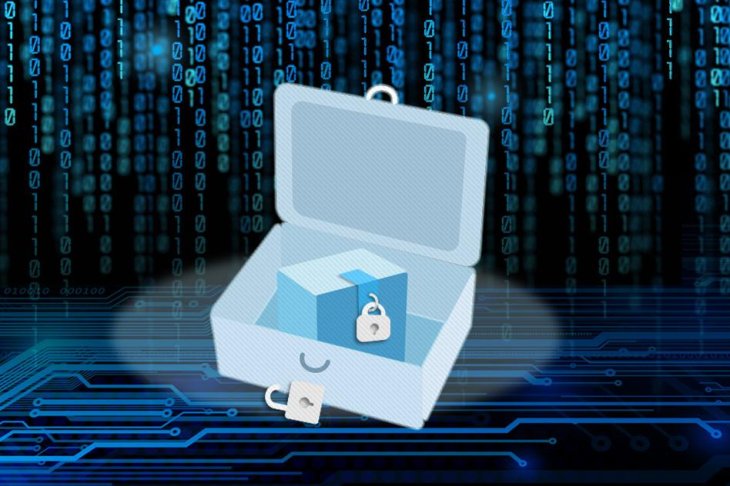Researchers Make Chips Based On Century-Old Cryptography Technique
Anil Singh - Dec 28, 2019

Researchers found that the irreversible and perfect structures of silicon chips could be utilized to work as one-time keys.
- Like A Sci-Fi Movie, A Nail Salon In Dubai Is Offering Microchip Manicure
- Qualcomm Announced Snapdragon 888, The Next Mobile Chip For High-End Smartphones
- New In-Chip Water Systems Will Keep Your Computer Chip From Overheating More Efficiently
Encryption is an essential process to enhance the protection of human privacy in the digital era. And cryptography is a method of encrypting and decoding information. For example, messages on Viber, Signal or WhatsApp are the data source for cryptography with end-to-end encryption. Now, encryption has taken it to the next level when researchers have discovered a new technique that guarantees absolute secrecy.

Cryptography techniques utilize algorithms that can quickly encrypt information through the use of short cypher, private or public one. However, the cyphers are influenced by the computing power of quantum algorithms as well as supercomputers in the future. Therefore, as a solution to the limitations, optical chips have been invented by researchers to facilitate user interaction through one-time safety communication that cannot be hacked, which is more reliable than other encryption methods that have been introduced before
As explained by Andrea di Falco, the researcher behind the study from the University of St. Andrews, this encryption method can be developed to enhance the confidentiality of information in communications that are connected under any distance, at an extremely fast speed equal to the speed of light. In addition, optical chips are an economical and electrically compatible solution.

This new technique was developed based on Vernam Cypher, a type of code used to encrypt telegram messages. Vernam Cypher is known to be able to bring out perfection if operated with absolute precision. The code utilizes a random key when encrypting a one-time message and is kept confidential. It has yet to be implemented and there is a security risk when the senders share the key with users.
In their study, the researchers mentioned that, through the second law of thermodynamics, they found that the irreversible and perfect structures of silicon chips could be utilized to work as one-time keys. A property of such keys is that they cannot be regenerated and maintained anywhere. This makes them more secure from cybersecurity threats. Another advantage of such a technique is that they are compatible with current communication infrastructures.
Featured Stories

Mobile - Feb 16, 2026
Xiaomi Launches Affordable Tracker to Compete with Apple's AirTag

ICT News - Feb 15, 2026
X Platform Poised to Introduce In-App Crypto and Stock Trading Soon

ICT News - Feb 13, 2026
Elon Musk Pivots: SpaceX Prioritizes Lunar Metropolis Over Martian Colony

ICT News - Feb 10, 2026
Discord's Teen Safety Sham: Why This Data Leak Magnet Isn't Worth Your Trust...

ICT News - Feb 09, 2026
PS6 Rumors: Game-Changing Specs Poised to Transform Console Play

ICT News - Feb 08, 2026
Is Elon Musk on the Path to Becoming the World's First Trillionaire?

ICT News - Feb 07, 2026
NVIDIA's Gaming GPU Drought: No New Releases in 2026 as AI Takes Priority

ICT News - Feb 06, 2026
Elon Musk Clarifies: No Starlink Phone in Development at SpaceX

ICT News - Feb 03, 2026
Elon Musk's SpaceX Acquires xAI in Landmark $1.25 Trillion Merger

ICT News - Feb 02, 2026
Google's Project Genie: Premium Subscribers Unlock Interactive AI-Generated Realms
Read more

Mobile- Feb 14, 2026
Android 17 Beta 1 Now Available for Pixel Devices
While Android 17 Beta 1 doesn't introduce flashy consumer-facing changes yet, it lays the groundwork for a more robust and flexible platform.

Mobile- Feb 16, 2026
Xiaomi Launches Affordable Tracker to Compete with Apple's AirTag
For users tired of ecosystem lock-in or high prices, the Xiaomi Tag represents a compelling, no-frills option that delivers core functionality at a fraction of the cost.

ICT News- Feb 15, 2026
X Platform Poised to Introduce In-App Crypto and Stock Trading Soon
X has been laying the groundwork for this expansion.
Comments
Sort by Newest | Popular